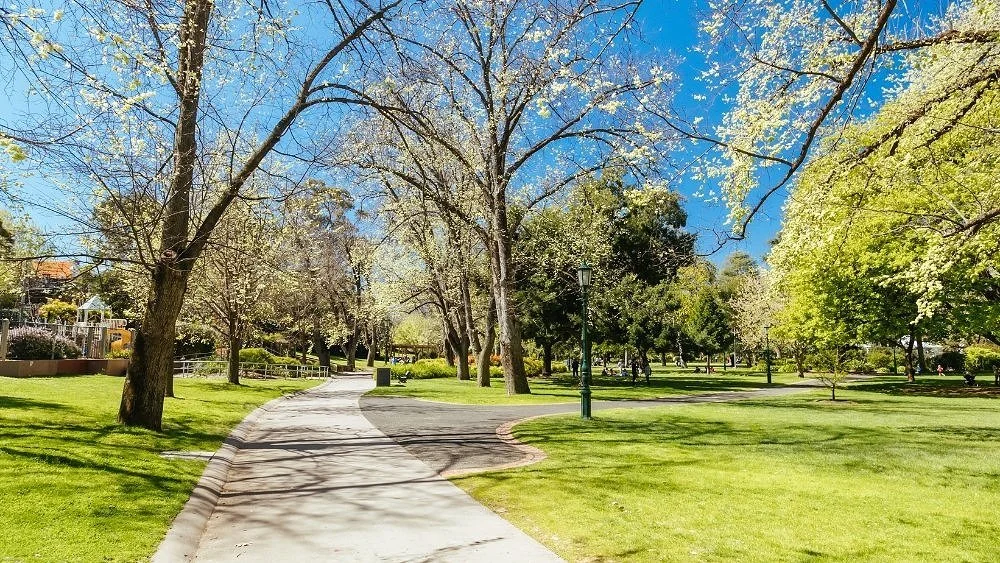7 Things for Elected Officials To Keep in Mind Before Their First Meeting
You decided to put your passion into action by running for office. Your message resonated with local voters and propelled you to victory. Congratulations! Now what?
A recent thread on a Strong Towns Slack channel sought advice on how to prepare for one’s first public meeting or hearing as an elected official. I was impressed by the helpful advice offered by other Strong Towns members and extended this question to Strong Towns staff and effective advocates in the movement’s orbit. Here are some things to consider immediately after your election but before your first term begins:
It All Happens Fast
You start with your first scheduled meeting, then you’re immediately preparing for the next one. Maybe you’re assigned to a subcommittee and have additional hearings and homework. You try to circulate and meet people in your district. Next thing you know, two years have passed and you’re preparing for your next election campaign. Also, prepare for the fact that after your first day in office, you’ll be held accountable for all the problems that preceded you.
Keep Your Issues in Play
Plan to listen and learn on subjects that are new to you, but don’t lose sight of your agenda. One elected official wrote out a simple list of 25 things he wanted to accomplish while in office on index cards, then brought the cards along to every meeting and looked for ways to insert them into the conversation or, better yet, connect them to an agenda that was moving forward. This is important because you may not be in a position to draft, say, a new mixed-use zoning plan, but you can ask many questions and plant many seeds about how and why your place could improve its fiscal management and development pattern.
Most Work Has Been Done Before Any Votes Happen
Before you were elected, you probably had the experience of attending public hearings, sharing your carefully considered comments, and seething when you and your fellow citizens were outright ignored. That’s because by the time a package or proposal is presented, countless stakeholders — especially affected departments and industries — had years' worth of a head start in shaping it. So start thinking about beginnings, knowing you may not be in office for the final victory.
Staff Is Helpful, but Only to a Point
The more you understand how the system works, the better you can champion your priorities. As early as possible, you should meet the city staff overseeing the issues you care about and ask about the impediments they or their departments face. (If you can, start with a city manager or someone with broad oversight). However, you should also be aware of your limitations as one newbie lawmaker, especially if you’re resisting an initiative like a highway expansion, which has a long line of beneficiaries that think they can outlast you.
Citizens Groups Are in It for the Long Haul
Before and during your campaign, you probably engaged with local groups that are actively addressing the issues affecting your community. Keep in touch with them. The best ideas often come from the people most affected by a problem at the ground level, and you can be a conduit to the local government on important issues like housing and transportation safety. Plus local advocates have likely experienced many setbacks and may be able to identify repeat sticking points. A Strong Towns Local Conversation is a great place to start.
Don’t Impugn Anyone’s Motives
Most people who run for office do so because they genuinely care about their community and want to help it. So while your fellow officeholders and technical professionals may disagree with you on policy or philosophy, always be open to their differing perspectives, just as you’d like them to respect yours.
Govern Like You Campaigned
Campaigns require energy, focus and communication skills. So does governing. Keep championing the issues that got you elected and keep a feedback loop going with the constituents you’re trying to serve. It’ll make you better at your job, and it may just help you keep it, too.






Ben Abramson is a Staff Writer at Strong Towns. In his career as a travel journalist with The Washington Post and USA TODAY, Ben has visited many destinations that show how Americans were once world-class at building appealing, prosperous places at a human scale. He has also seen the worst of the suburban development pattern, and joined Strong Towns because of its unique way of framing the problems we can all see and intuit, and focusing on local, achievable solutions. A native of Washington, DC, Ben lives in Venice, Florida; summers in Atlantic Canada; and loves hiking, biking, kayaking, and beachcombing.